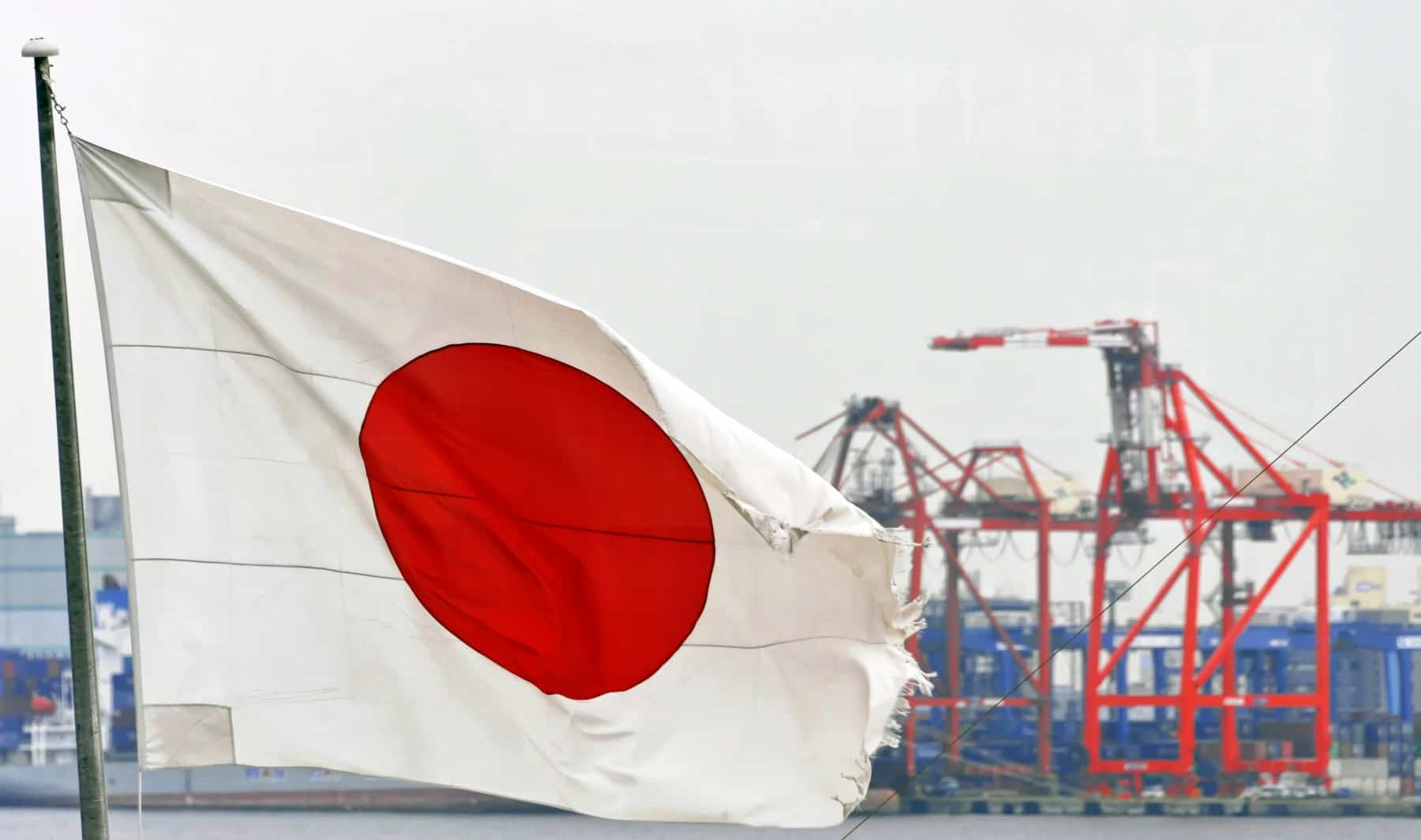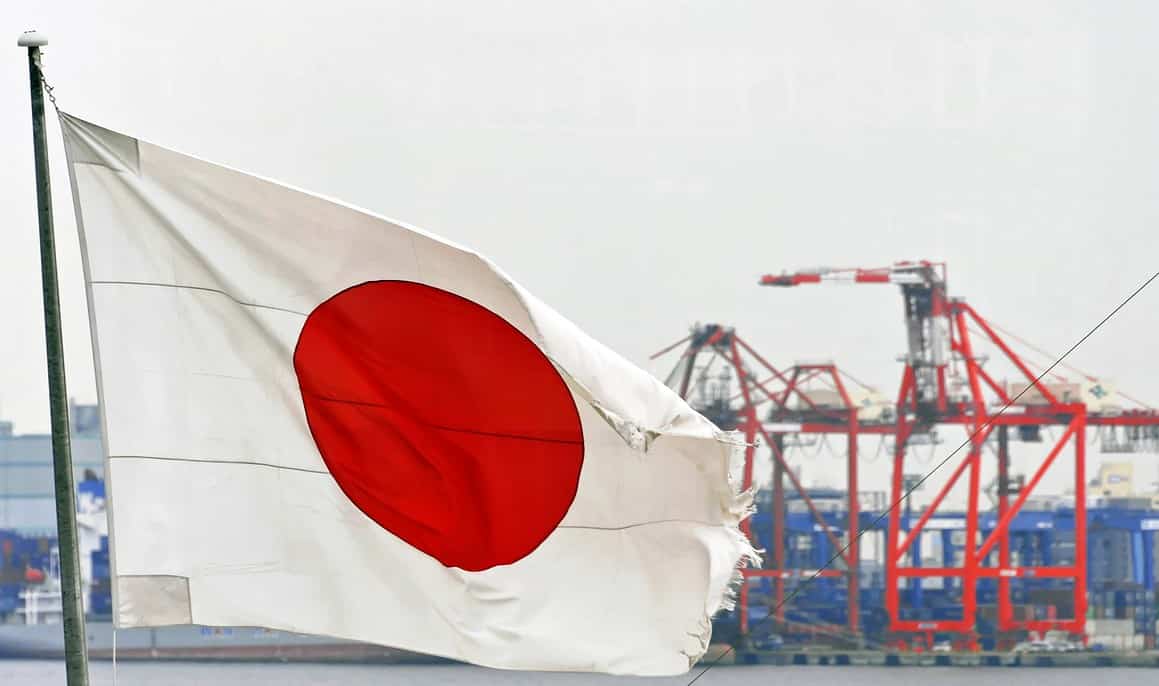Japan set a five-year investment target of more than USD$13 trillion to support developing countries like Latin American nations, a measure to strengthen ties with growing and resource-rich economies.
The Japanese Minister of Economy, Trade, and Industry, Yasutoshi Nishimura, stated in an interview that the JPY$2 trillion (USD$13.3 trillion) in funding will come from investments by Japanese companies supported by public assistance.
“We will strengthen collaboration through aid and investments that provide solutions to the social challenges facing emerging markets, such as reducing carbon emissions and digitalization,” Nishimura explained.
The first aid round will be included in the government’s economic stimulus package to be defined at the beginning of next month. Approximately JPY$ 140 billion will be allocated in this year’s supplementary budget project.
Japan will expand technical cooperation in urban mining, recycling critical minerals from discarded electronic devices. It will also offer medical and educational services utilizing digital technology.
The investments aim to encourage startups to enter the ‘Global South’ in Asia, Africa, Latin America, and Oceania.
The combined Gross Domestic Product of these economies is expected to surpass that of the United States and China by 2050, according to a forecast by the Mitsubishi Research Institute.
Population growth will be the economic engine of these regions, and it is expected that the so-called ‘Global South’ will represent two-thirds of the world’s population by mid-century.
Last year, the United States and the other wealthy nations of the Group of Seven announced the launch of the Partnership for Global Infrastructure and Investment.
The initiative aims to mobilize USD$600 billion by 2027 to support infrastructure development in developing countries.
In 2021, the European Union launched the Global Gateway initiative, which will gather up to EUR$300 billion (USD$316 billion) in public and private investment by 2027.
Meanwhile, China is expanding its involvement in emerging economies through the Belt and Road Initiative. Some countries have criticized Chinese aid for generating unsustainable debt and unequal benefits.
Japan aspires to establish ‘win-win’ relationships with the Global South, where aid leads to economic expansion, local investments by Japanese companies, and the growth of exports, Nishimura affirmed.
Japan aims to strengthen ties with essential mineral-producing countries, such as lithium and nickel used in the batteries of electric vehicles, to reinforce the country’s supply chains and reduce dependence on China.
To enhance relationships with nations in the Global South, Japan has invited India, Indonesia, Kenya, Chile, and other countries to the G7 trade ministers’ meeting to be held in the city of Sakai.







